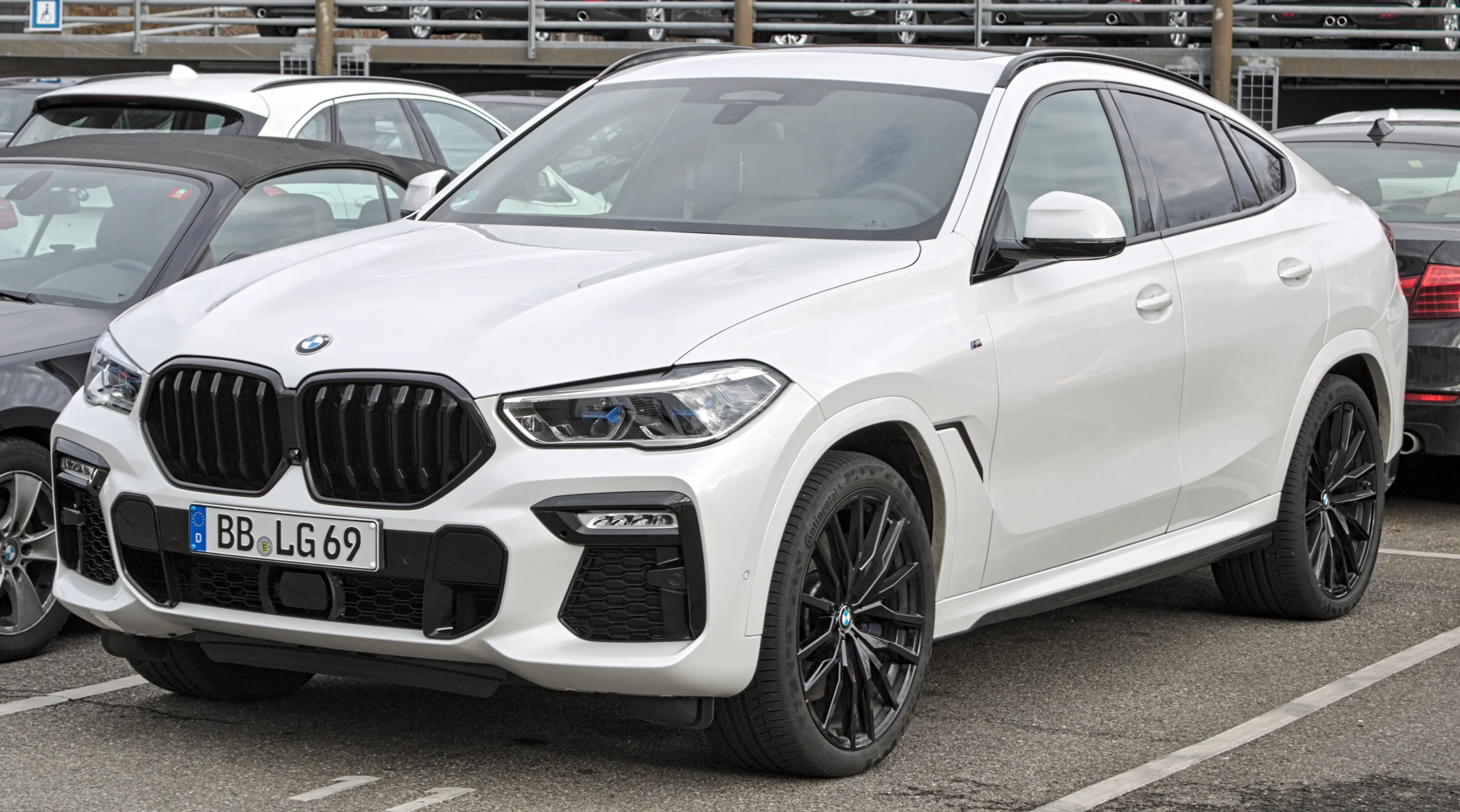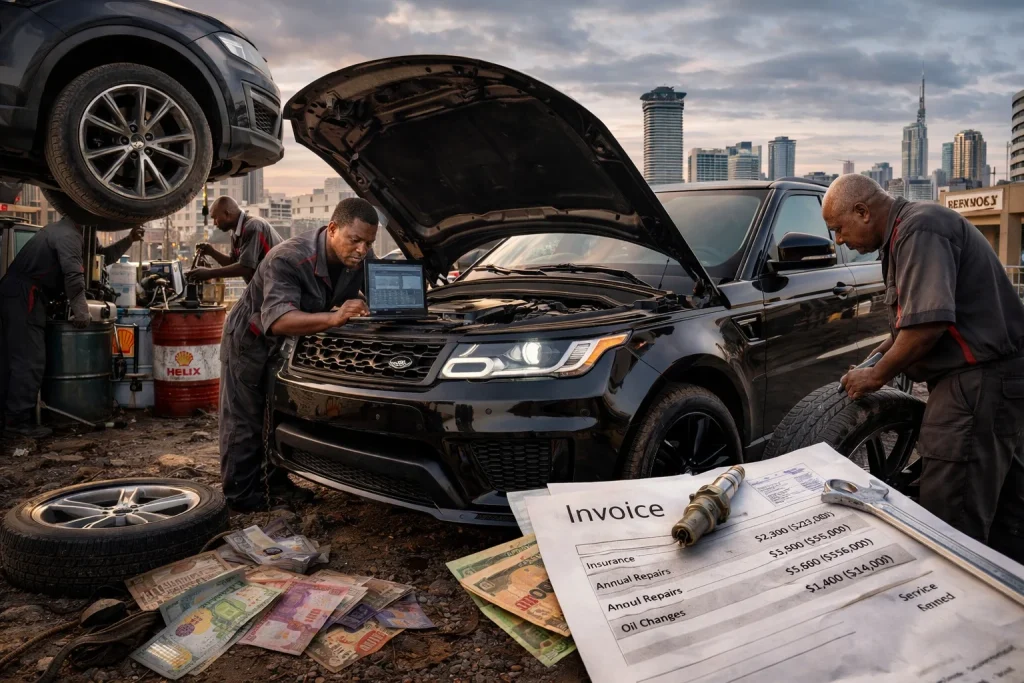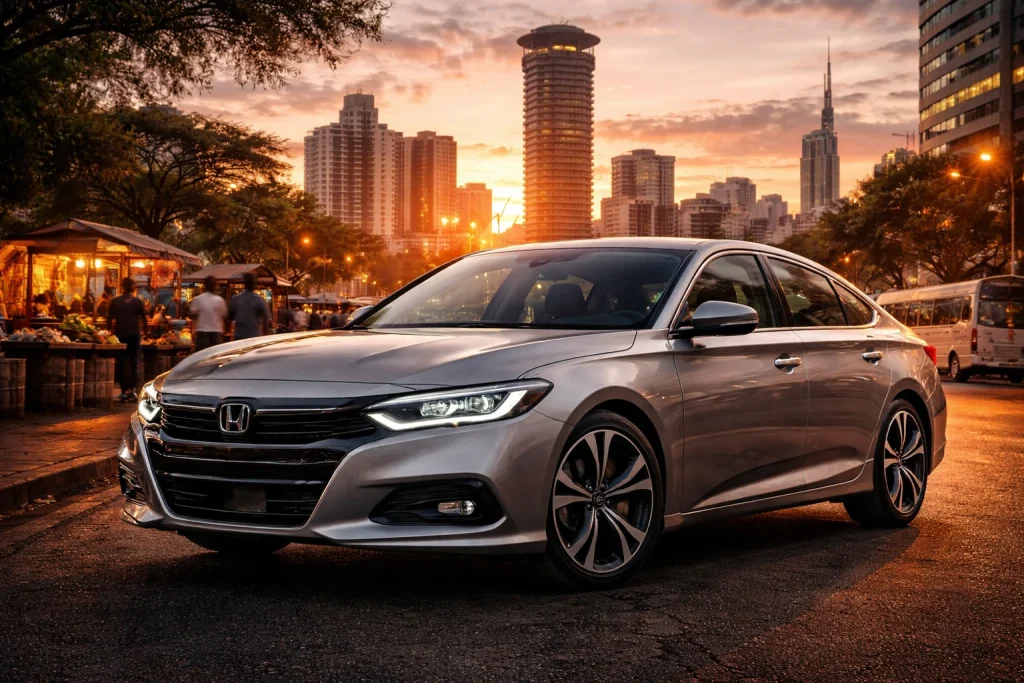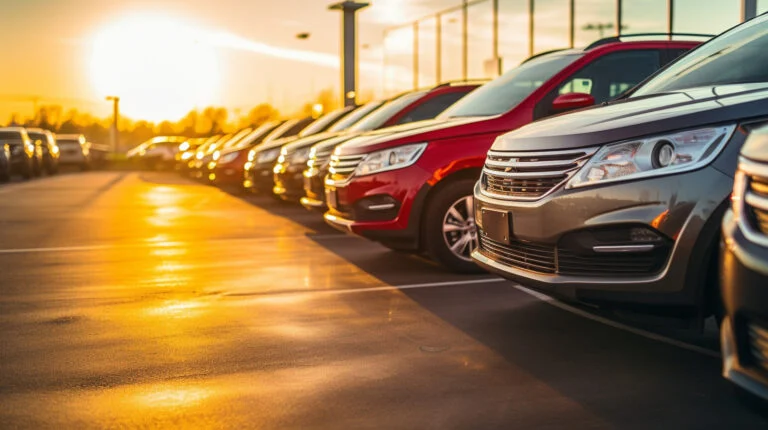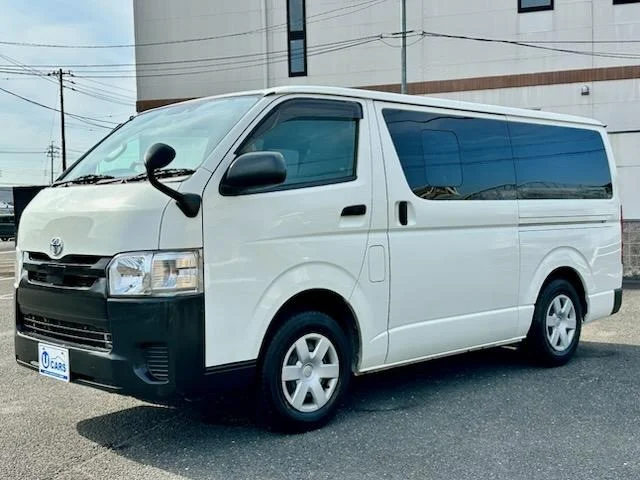Understanding the BMW X6 and Its Appeal
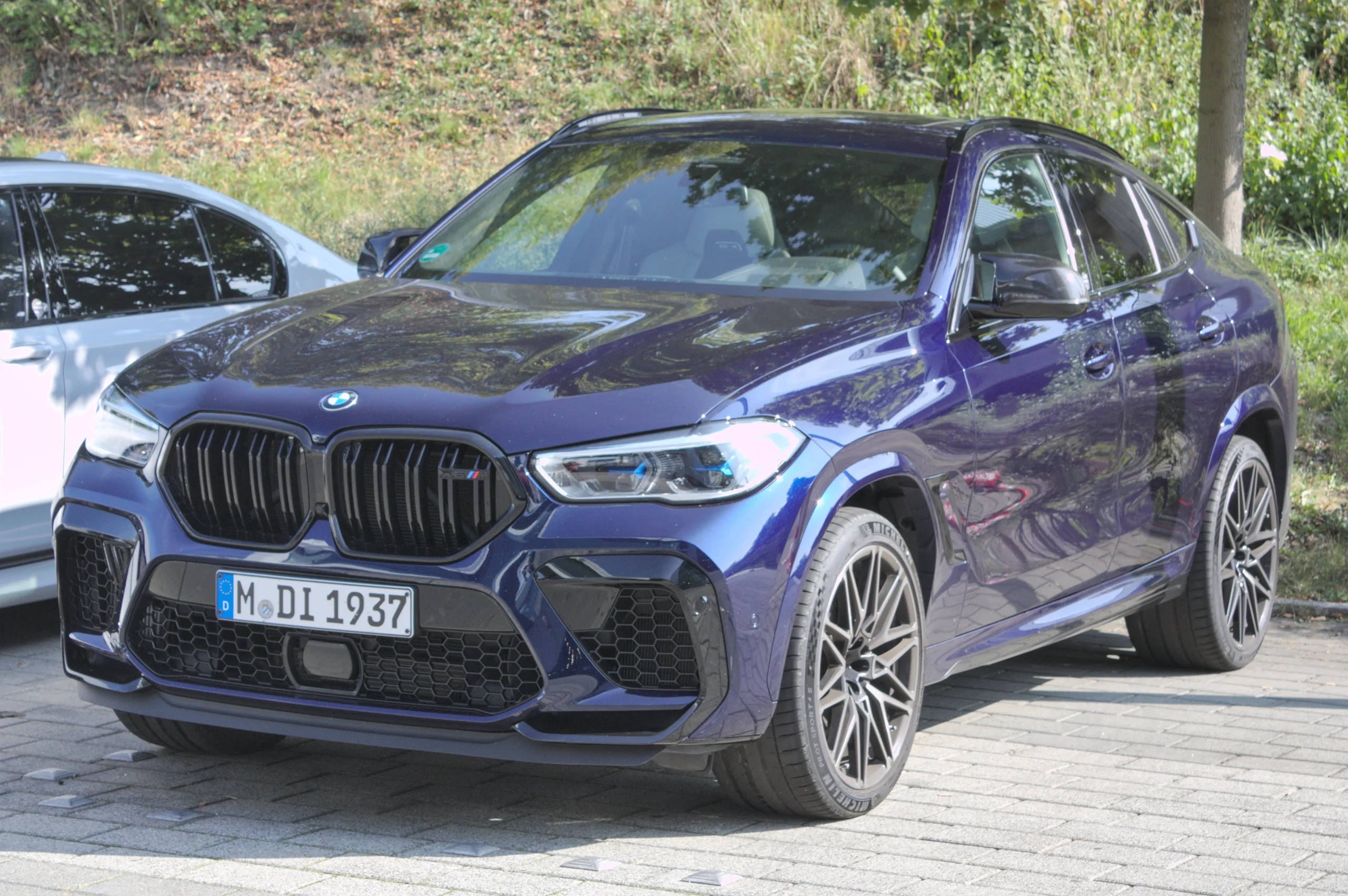
So, what exactly makes the BMW X6 so captivating to the Kenyan market?
It’s the masterful way BMW created an entirely new vehicle category: the Sports Activity Coupé (SAC).
Before the X6, you had to choose between the practicality of an SUV and the sleek, sporty design of a coupé.
The X6 boldly declared you could have both.
Its high ground clearance and commanding road presence give you the confidence of a traditional SUV, perfect for navigating varied Kenyan terrain.
Yet, its fastback-style roofline and muscular haunches scream performance and exclusivity, setting it apart from the sea of boxy 4x4s.
This unique design language resonates with ambitious individuals who value distinction and performance.
It’s a vehicle for those who have arrived, a symbol of success that is both powerful and elegant.
The interior further solidifies its appeal, offering a cocoon of premium leather, advanced technology, and driver-focused ergonomics that make every journey an experience, whether you’re in city traffic or cruising on the open highway.
Factors Affecting the Cost of Importing a BMW X6
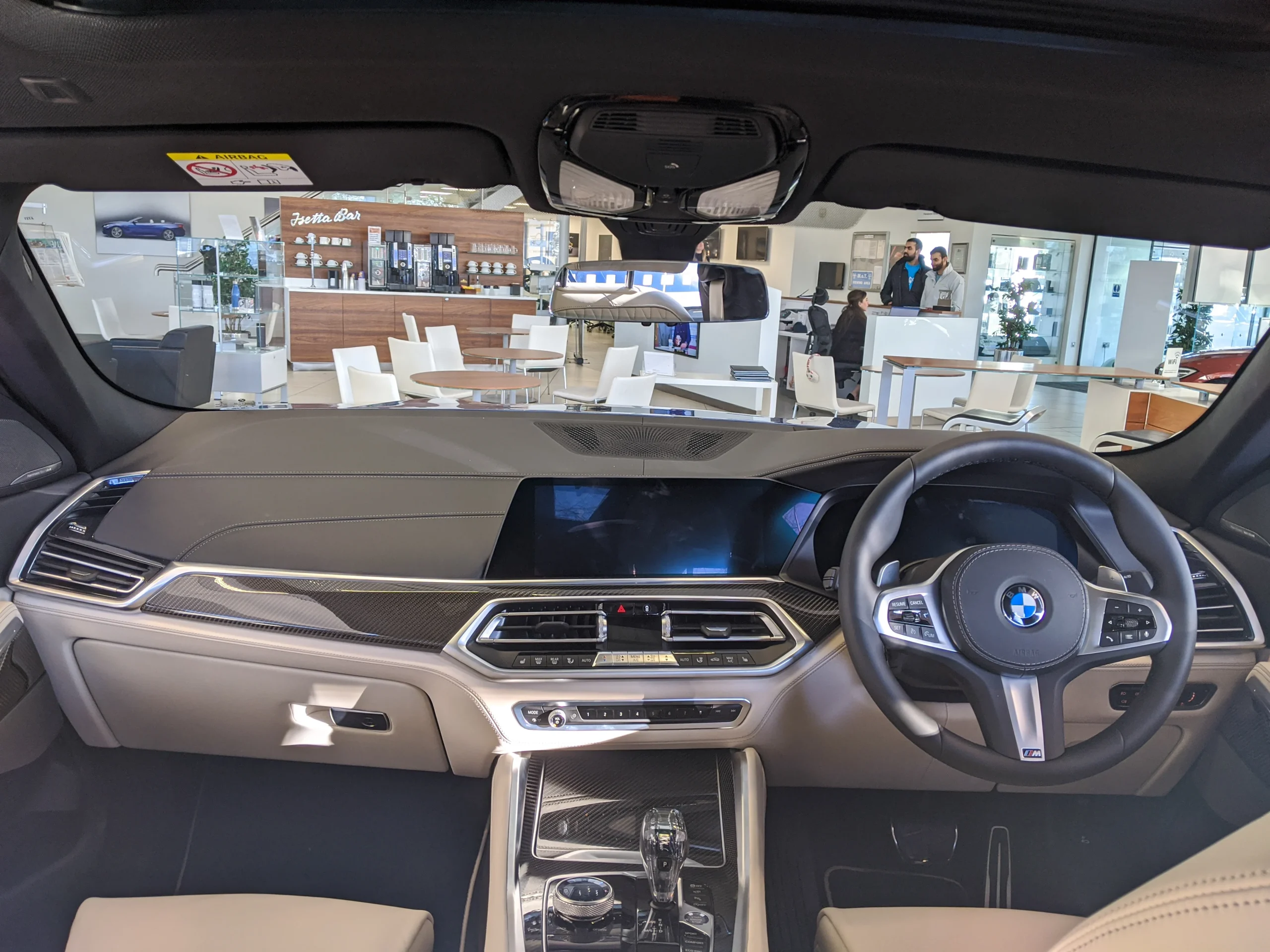
Before we dive into specific numbers, it’s essential to understand that the final cost of importing a BMW X6 is not a single figure but a sum of several interconnected parts.
Think of it like building a custom home; the price of the land is just the starting point.
You still have to account for architectural plans, materials, labor, permits, and finishing touches.
Similarly, the total BMW X6 price in Kenya is a composite of four main pillars: the initial purchase price of the vehicle abroad, the shipping and logistics fees to get it to Mombasa, the hefty customs duties and taxes levied by the Kenya Revenue Authority (KRA), and finally, the local clearing and registration costs.
Each of these stages has its own set of variables.
For instance, the purchase price depends on the car’s age and mileage, while taxes are heavily influenced by its engine size.
Overlooking any of these components can lead to unexpected expenses and budget overruns, turning an exciting purchase into a stressful ordeal.
This guide will carefully dissect each pillar to give you a clear and complete financial overview.
Purchase Price of a BMW X6
The very first and most significant variable in your import budget is the actual purchase price of the BMW X6 in its source market, typically Japan, the United Kingdom, or even South Africa.
This cost is far from static and is influenced by several key factors.
The model year is paramount, especially given Kenya’s 8-year import rule, which means as of 2024, you can only import vehicles manufactured in 2017 or later.
A 2017 model will naturally be more affordable than a nearly-new 2022 version.
Next is the mileage; a lower-mileage car commands a higher price as it suggests less wear and tear.
The specific trim level and engine size also play a massive role.
An X6 with the M Sport package, larger alloy wheels, and a premium sound system will be more expensive than a base model.
Furthermore, an X6 xDrive40i with a 3.0-litre engine will have a different price point—and subsequent tax implication—than an M50i with a 4.4-litre V8.
Generally, you can expect to budget anywhere from $30,000 to $60,000+ (USD) for a quality used BMW X6 from a reputable international dealer, depending on these specifications.
Shipping and Logistics Costs
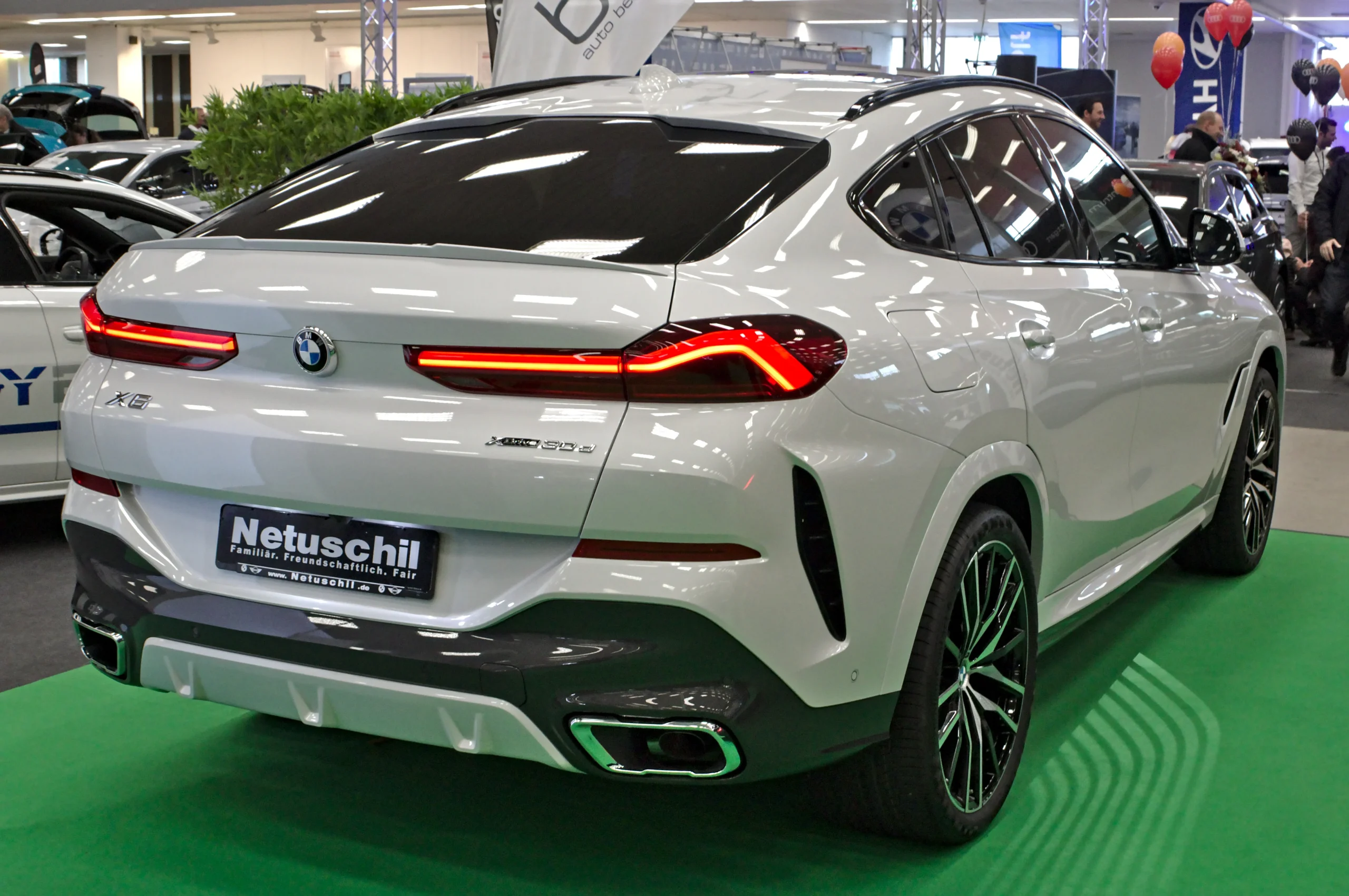
Once you’ve purchased your dream X6, the next step is getting it from the seller’s country to the Port of Mombasa.
This is where shipping and logistics costs come into play, and they are not to be underestimated.
The primary expense here is the ocean freight.
Most importers use the “Roll-on/Roll-off” (RoRo) method, where the car is driven onto a specialized vessel, which is generally the most cost-effective option for a single vehicle.
Shipping from a major port in the UK or Japan to Mombasa typically costs between $1,200 and $2,000.
On top of the freight charge, you must factor in marine insurance.
This is absolutely non-negotiable for a high-value asset like an X6, protecting your investment against damage or loss during transit.
Another mandatory cost is the pre-shipment inspection, such as the JEVIC or QISJ inspection, which is required by the Kenya Bureau of Standards (KEBS) to ensure the vehicle meets Kenyan roadworthiness standards.
These inspection fees usually add another $200 to $300 to your bill, bringing the total for this stage to a significant sum that must be budgeted for accurately.
Customs Duties and Taxes in Kenya
This is the stage that often surprises first-time importers the most and has the biggest impact on the final BMW X6 price in Kenya.
The taxes levied by the Kenya Revenue Authority (KRA) are substantial and calculated on the vehicle’s Current Retail Selling Price (CRSP), a value determined by KRA, not your purchase invoice.
The tax structure is multi-layered.
First, there’s the Import Duty, set at 25% of the CRSP.
Next is the Excise Duty, which varies based on engine size; for a vehicle like the X6 with an engine over 3000cc, this can be as high as 35% of the (CRSP + Import Duty).
After that, Value Added Tax (VAT) of 16% is applied to the cumulative total of (CRSP + Import Duty + Excise Duty).
As if that weren’t enough, you also have the Import Declaration Fee (IDF) at 3.5% and the Railway Development Levy (RDL) at 2% of the CRSP.
When you add all these percentages up, the total taxes can often exceed the initial purchase price of the car, effectively doubling your cost.
This is why a 3.0L X6 is significantly more popular to import than a 4.4L V8 version—the tax difference is enormous.
Registration and Licensing Fees
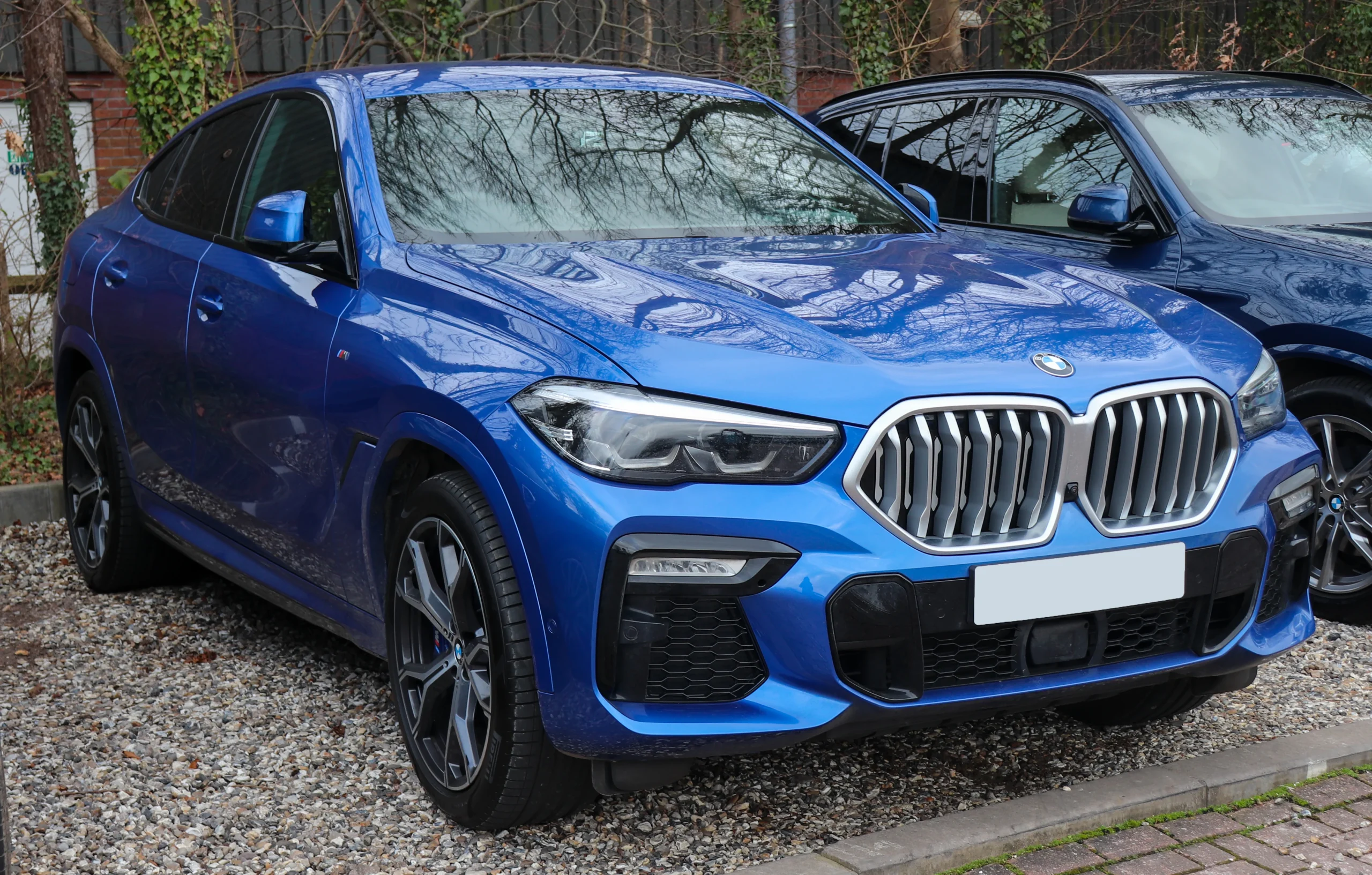
Congratulations, your BMW X6 has been cleared by KRA and released from the Port of Mombasa!
However, you’re not quite ready to hit the road yet.
The final hurdle involves a series of local costs associated with making your vehicle legally roadworthy in Kenya.
First and foremost are the port charges and the clearing agent’s fee.
Your agent, who has navigated the complex customs process for you, will need to be paid for their professional services.
This fee can vary but is an essential cost for a smooth process.
Following this, you must register the vehicle with the National Transport and Safety Authority (NTSA).
This involves paying a registration fee to get your new Kenyan number plates assigned to the vehicle.
Finally, you must secure a comprehensive insurance policy before the car can legally be driven.
For a luxury vehicle like a BMW X6, this annual premium will be a significant figure.
While these individual costs are smaller than the purchase price or KRA taxes, they collectively add up to a substantial amount that must be factored into your total budget to avoid any last-minute financial strain.
Simplifying the Import Process with Professional Services
Navigating the labyrinth of international purchasing, shipping logistics, KRA tax calculations, and NTSA regulations can be incredibly daunting, especially for a high-value vehicle where mistakes can be costly.
This is precisely where a professional car importation company proves its worth.
By partnering with an experienced and reputable service, you transform a potentially stressful and confusing process into a seamless, transparent, and predictable one.
A dedicated import specialist handles everything on your behalf, from sourcing a quality vehicle and verifying its condition to managing all the complex paperwork and ensuring full compliance with Kenyan law.
They provide you with a clear, all-inclusive quote upfront, which bundles the car’s price, shipping, insurance, taxes, and all fees into a single figure.
This eliminates guesswork and protects you from unforeseen costs.
If you’re ready to import your dream BMW X6 without the headache, we highly recommend you contact Cars Kenya today for a transparent, all-inclusive quote and a hassle-free experience.
The value of using a professional service extends far beyond mere convenience; it’s about risk mitigation and peace of mind.
An expert importer like Cars Kenya has established relationships with international suppliers, shipping lines, and clearing agents, ensuring efficiency at every step.
They are experts in interpreting KRA’s ever-changing CRSP manual, guaranteeing your taxes are calculated correctly to avoid costly penalties or delays at the port.
They manage the entire logistical chain, from pre-shipment inspection in the source country to final registration and number plate acquisition in Kenya.
For a significant investment like a BMW X6, you want absolute certainty that every detail is handled with precision and professionalism.
Trying to manage this complex process yourself to save a small amount on agent fees can quickly backfire, leading to storage charges, incorrect tax declarations, or even purchasing a vehicle that doesn’t meet import standards.
Why navigate the import maze alone? Let the experts at Cars Kenya find, import, and deliver your BMW X6 right to your doorstep.
Conclusion
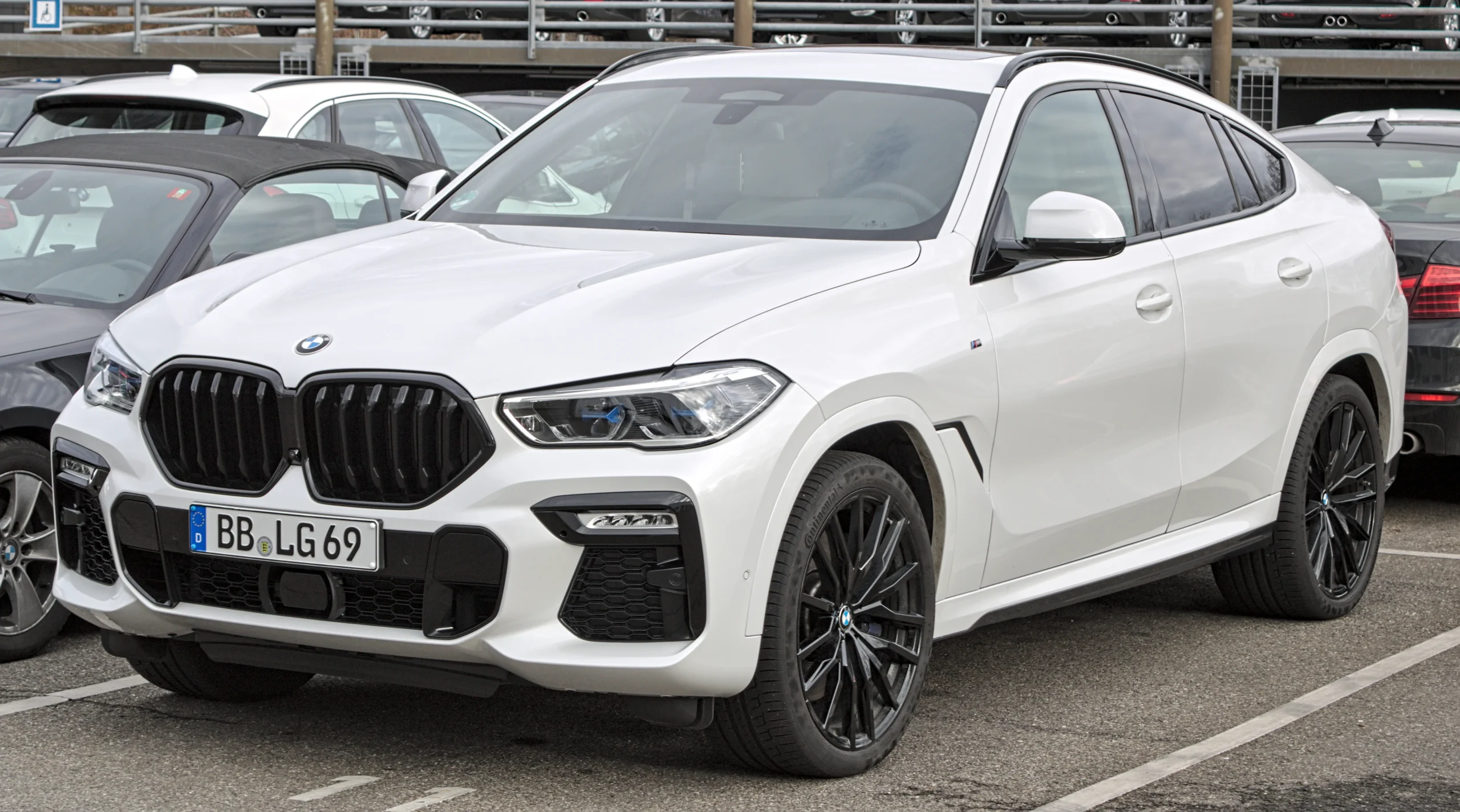
In conclusion, determining the final BMW X6 price in Kenya is a detailed exercise that goes far beyond the vehicle’s overseas price tag.
As we’ve broken down, the total cost is a careful assembly of the purchase price, international shipping and insurance, a significant tax burden from KRA comprising Import Duty, Excise Duty, and VAT, and finally, local clearing and registration fees.
It’s a substantial financial undertaking, with taxes often doubling the initial cost of the car.
However, the enduring appeal of the BMW X6—its unique combination of sporty coupé aesthetics, SUV practicality, and luxurious performance—is undeniable.
For many discerning buyers in Kenya, the prestige and sheer driving pleasure it offers make the complex importation process and high cost a worthwhile investment.
The key to a successful purchase is knowledge and preparation.
By understanding all the associated costs upfront and partnering with a trusted import service, you can confidently turn the dream of owning this iconic Sports Activity Coupé into a triumphant reality.
FAQ
- What is the best year for a BMW X6 to import into Kenya?
Kenya enforces an 8-year age limit on imported vehicles.This means, for example, in the year 2024, the oldest vehicle you can import must have been manufactured in 2017.Therefore, the “best” year is a balance between your budget and the latest model you can afford within this 8-year window.
A newer model (e.g., 2020-2022) will have more modern features but a significantly higher purchase price and tax value.
-
How is the import duty for a BMW X6 calculated in Kenya?
Import duty is calculated based on the Current Retail Selling Price (CRSP) provided by the KRA, not your purchase invoice.The main taxes are Import Duty (25% of CRSP), Excise Duty (20-35% of CRSP + Import Duty, depending on engine size), and VAT (16% on the total of all the above).There are also smaller levies like IDF (3.5%) and RDL (2%).
-
Can I import a BMW X6 with an engine larger than 3000cc?
Yes, you can.However, be prepared for much higher taxes.In Kenya, vehicles with engines exceeding 3000cc (3.0L) are subject to a higher Excise Duty rate of 35%.
This significantly increases the total tax amount compared to a model with an engine capacity of 3000cc or less, which attracts a 25% Excise Duty rate.
-
How long does it take to import a BMW X6 to Kenya?
On average, the entire process from identifying and purchasing the car in a source market like the UK or Japan to having it cleared, registered, and delivered to you in Kenya takes between 45 and 60 days.This timeline includes sourcing, inland transport, shipping time on the sea (approx. 30 days), and the port clearing and registration process. -
Why should I use an import agent like Cars Kenya instead of doing it myself?
Using a professional agent like Cars Kenya mitigates significant risks and saves you time and stress.They handle all the complexities: vehicle sourcing and verification, price negotiation, managing all paperwork, ensuring compliance with KRA and KEBS, and calculating taxes accurately to avoid penalties.Their expertise ensures a smooth, predictable, and transparent process for a high-value purchase.
